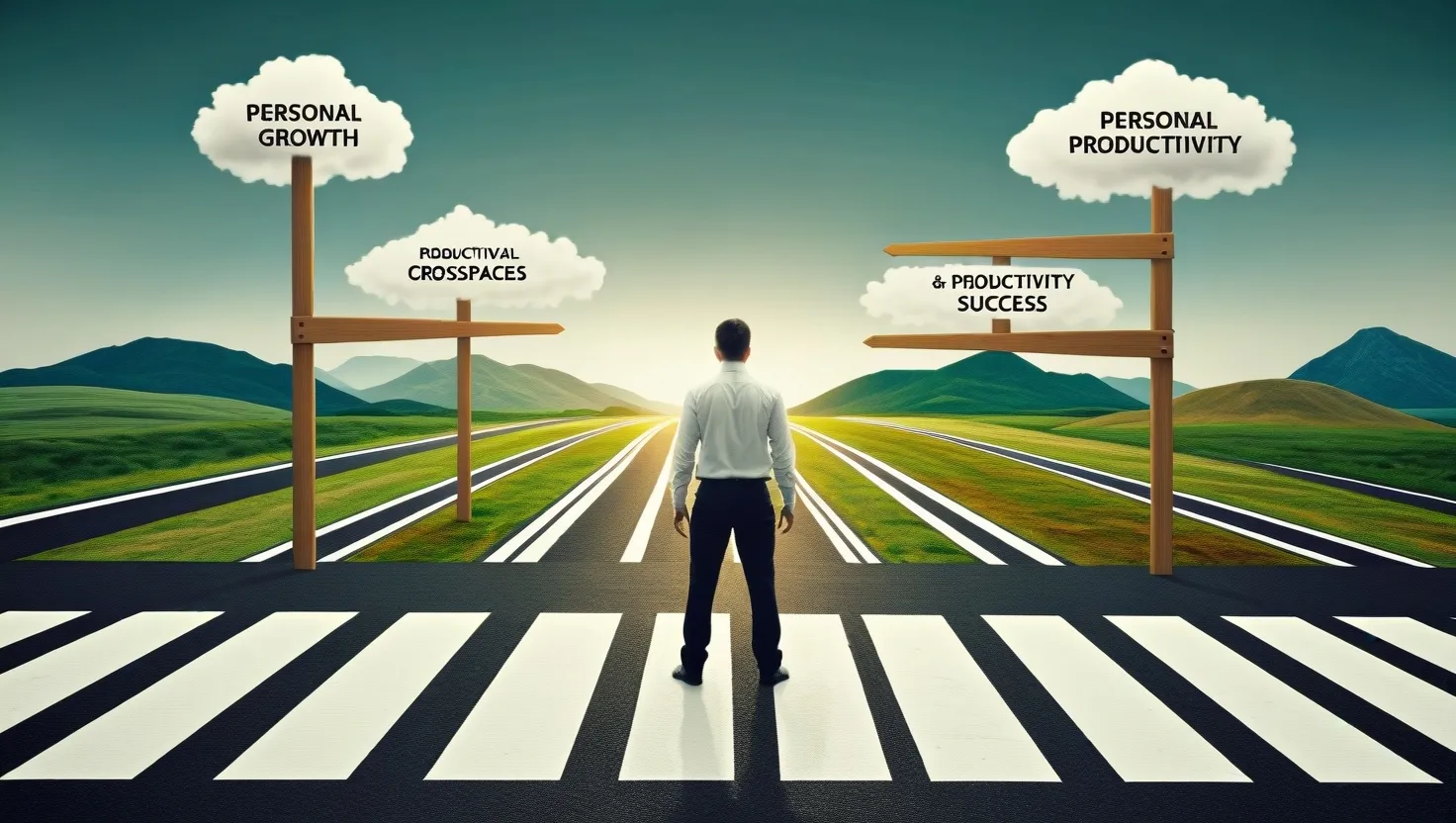When it comes to self-improvement, few books have had as profound an impact as Stephen Covey’s “The 7 Habits of Highly Effective People.” This seminal work offers more than just tips and tricks; it provides a comprehensive framework for transforming your life from the inside out. Here, we’ll delve into five of these habits, exploring their lesser-known facets and how they can be applied in everyday life.
The Power of Proactivity
“Between stimulus and response, there is a space,” as Viktor Frankl so eloquently put it. This space is where our true power lies, the moment where we choose how to react to any given situation. Being proactive is not just about taking initiative; it’s about recognizing that you are the master of your own destiny. It means understanding that your circle of influence is where you should focus your energy, rather than getting bogged down by things outside of your control.
Imagine a scenario where you’re stuck in a traffic jam. The reactive person might get frustrated, honk the horn, and let stress take over. The proactive person, however, uses this time to reflect, listen to a podcast, or even practice some deep breathing exercises. The difference is not just in the reaction but in the mindset that precedes it.
Envisioning Your Future
“Begin with the end in mind” is more than just a habit; it’s a way of living. It’s about creating a personal mission statement that guides your decisions and actions. This habit encourages you to think about what you want to achieve in the long term and then work backward to create a plan.
Ask yourself: What do you want to be remembered for? What kind of person do you aspire to be? Writing down your personal mission statement can be a powerful exercise. It forces you to clarify your values and goals, making it easier to make decisions that align with who you want to become.
Prioritizing What Truly Matters
In a world filled with endless tasks and distractions, it’s easy to get caught up in the urgent rather than the important. “Put first things first” is about prioritizing tasks based on their importance and urgency. The Eisenhower Matrix is a useful tool here, helping you categorize tasks into four quadrants: urgent and important, important but not urgent, urgent but not important, and not urgent or important.
Think about your daily tasks. Are you spending most of your time on things that truly matter, or are you getting bogged down by non-essential activities? By focusing on what’s truly important, you can achieve a sense of balance and productivity that eludes many.
The Win-Win Mentality
In many interactions, we find ourselves in a win-lose scenario, where one person’s gain comes at the expense of another. However, highly effective people seek out win-win solutions. This habit is about finding mutually beneficial outcomes, where everyone walks away satisfied.
Consider a workplace conflict. Instead of trying to “win” the argument, what if you approached the situation with the goal of finding a solution that benefits everyone involved? This mindset not only resolves conflicts more effectively but also builds stronger, more trusting relationships.
The Art of Empathetic Listening
“Seek first to understand, then to be understood” is a habit that can revolutionize your relationships. It’s about practicing empathetic listening, where you truly hear and understand the other person’s perspective before expressing your own.
Imagine being in a conversation where you feel truly heard and understood. It’s a powerful feeling, isn’t it? By listening actively and without interrupting, you create a space where others feel valued and respected. This habit is not just about communication; it’s about building deep, meaningful connections with others.
Applying These Habits in Everyday Life
So, how do you start applying these habits in your daily life? It begins with a conscious choice to respond differently to situations. When faced with a challenge, take a moment to reflect on how you can approach it proactively. Ask yourself if your actions align with your long-term goals and personal mission statement.
Use tools like the Eisenhower Matrix to prioritize your tasks effectively. In conflicts, seek out win-win solutions by looking for mutual benefits. And when in conversations, practice empathetic listening by truly seeking to understand the other person’s perspective.
A Journey of Continuous Improvement
Personal growth is not a destination; it’s a journey. These habits are not one-time achievements but ongoing processes. As Covey puts it, “The key is not to prioritize what’s on your schedule, but to schedule your priorities.”
As you embark on this journey, remember that it’s okay to make mistakes. It’s okay to stumble. What’s important is that you learn from these experiences and continue to grow. The upward spiral model that Covey discusses is a reminder that growth is continuous and that each iteration brings new insights and deeper understanding.
Reflecting on Your Journey
As you integrate these habits into your life, take time to reflect on your progress. Ask yourself:
- Am I taking responsibility for my choices and actions?
- Do I have a clear vision of where I want to be in the future?
- Am I prioritizing tasks that truly matter?
- Am I seeking mutually beneficial solutions in my interactions?
- Am I listening empathetically to others?
These questions can serve as a mirror, reflecting back to you how far you’ve come and where you still need to grow.
Conclusion
Self-improvement is a lifelong journey, and “The 7 Habits of Highly Effective People” offers a roadmap that can guide you through it. By being proactive, envisioning your future, prioritizing what truly matters, seeking win-win solutions, and practicing empathetic listening, you can transform your life in profound ways.
As the ancient Greek philosopher, Aristotle, once said, “We are what we repeatedly do. Excellence, then, is not an act, but a habit.” By making these habits a part of your daily life, you can achieve a level of excellence that brings fulfillment and satisfaction to all aspects of your life.
So, take the first step today. Choose to be proactive, envision your future, prioritize what matters, seek win-win solutions, and listen empathetically. The journey to becoming a highly effective person starts now, and the rewards are well worth the effort.






